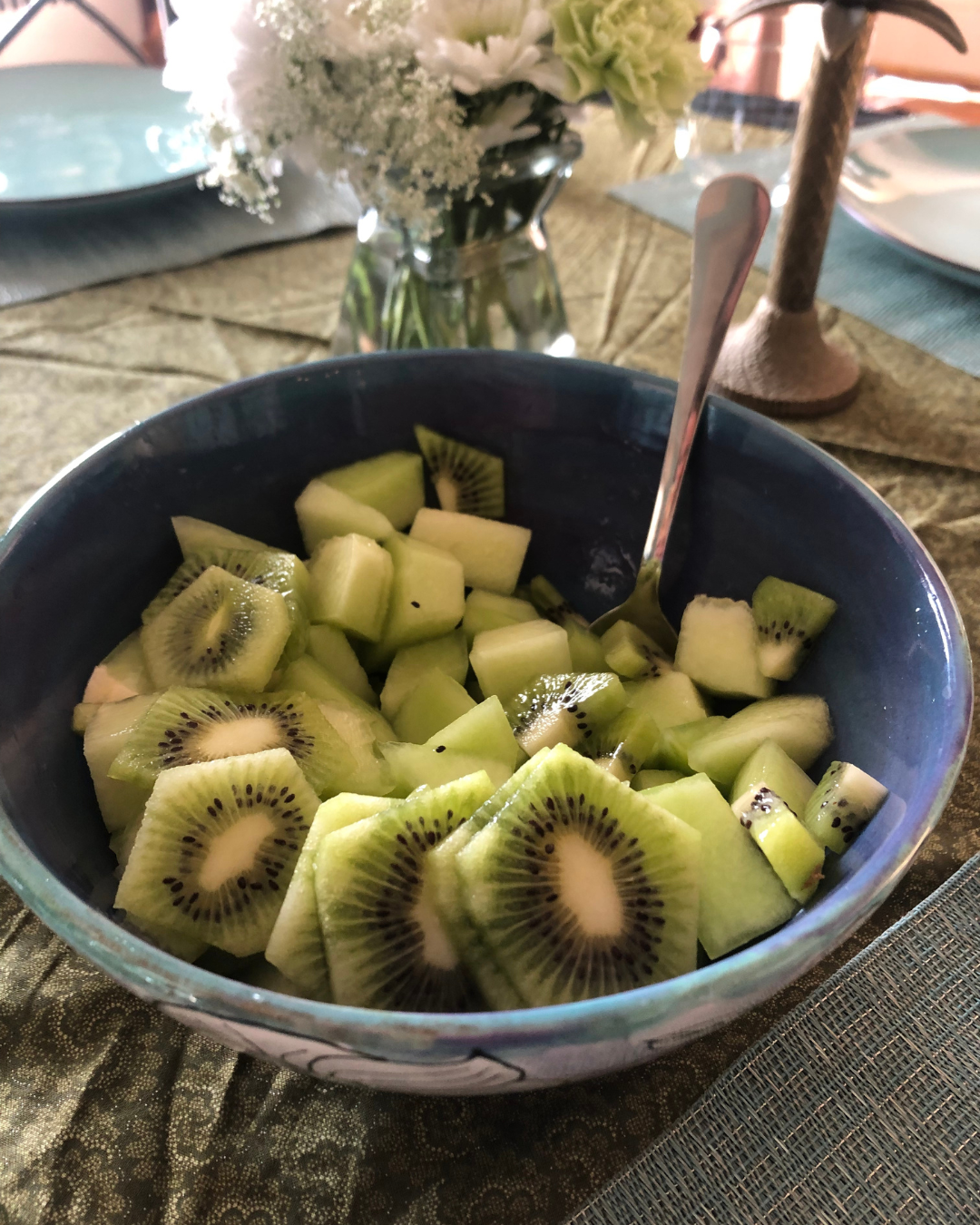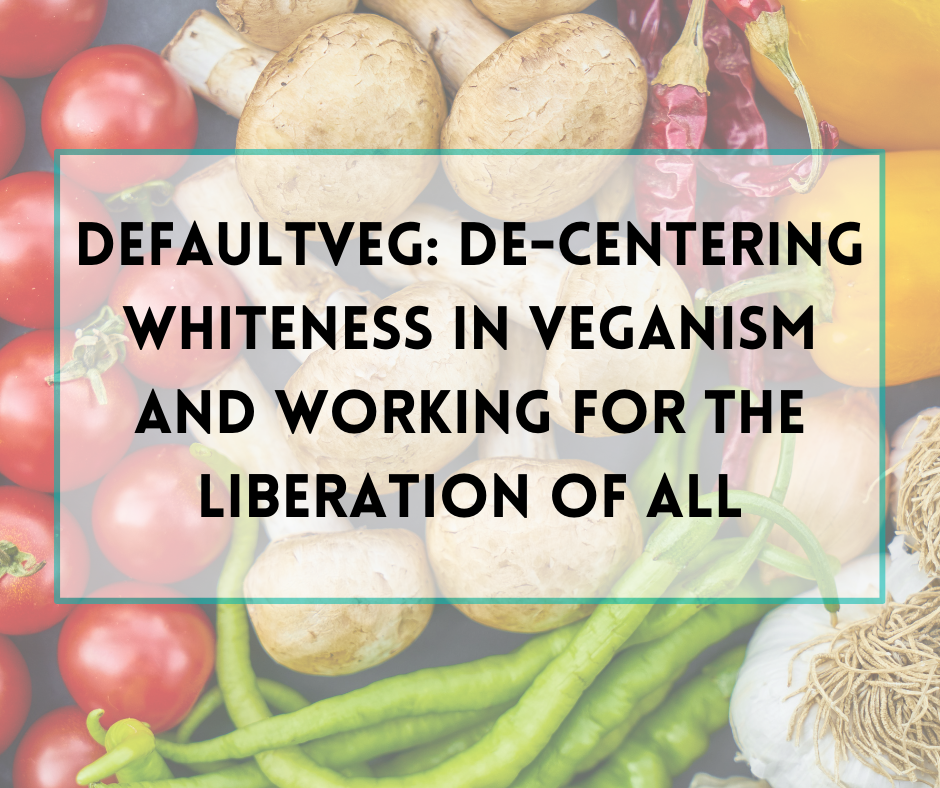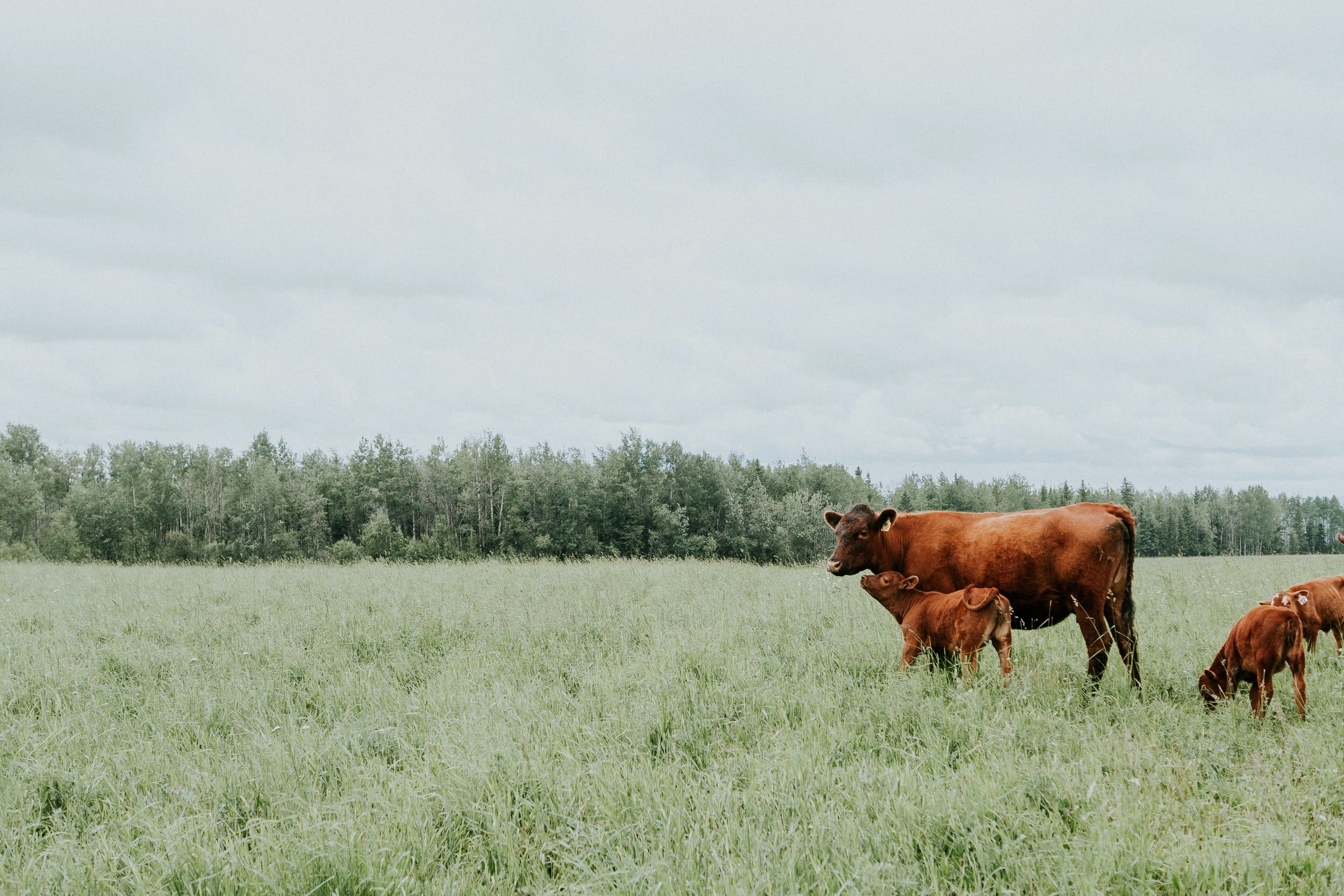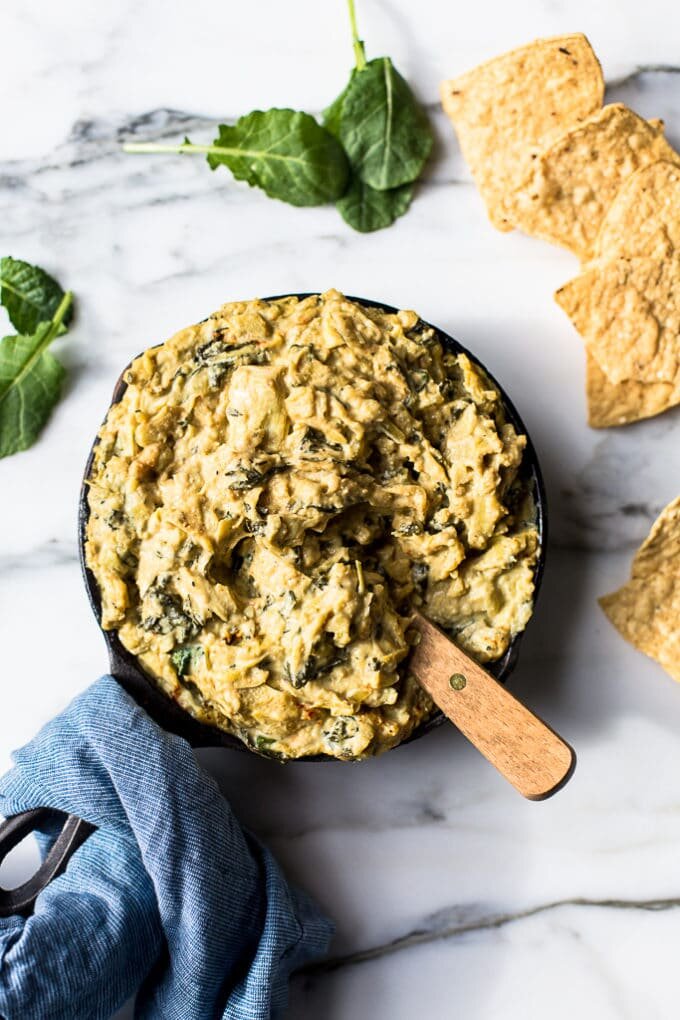Note: A version of this reflection was given at the CreatureKind Blessing of the Animals service on 6/7/22. You can see a recording of the whole event here, as well as the virtual program for the service here.
I have spent nearly fifteen years working in animal advocacy and experiencing industrial animal agriculture from many sides and environments–from pig farms in Brazil to chicken farms in North Carolina. I’ve protested against the use of animals for entertainment, for experimentation, for food all around the US, and I’ve worked with colleagues in Thailand, Australia, and the UK on campaigns to take measures that would improve the lives of farmed animals within the systems [where] they currently are forced to live. The problems with industrial farming are nuanced due to different governments and cultures, but what remains the same is how the animals suffer in a system that uses their bodies as products, rather than as living beings with whom we, humans, share the Earth.
Today, I try to walk a path toward justice and liberation for all, which always includes human and non-human animals that suffer in the man-made systems of white supremacy and capitalism. These systems that uphold the modern farming industry that we get our food from today. The chickens, pigs, cows, and fish–and the farm workers, the migrant workers, and the slaughterhouse employees who do back breaking work in hazardous conditions for little pay and no protection. This system does not work for the most vulnerable among us.
From our scripture today that has been woven into each part of the service, read again in its entirety.
Job 12: 7-10:
“But ask the animals, and they will teach you,
the birds of the air, and they will tell you;
8 ask the plants of the earth, and they will teach you,
and the fish of the sea will declare to you.
9 Who among all these does not know
that the hand of the Lord has done this?
10 In God’s hand is the life of every living thing
and the breath of every human being.
I think about this scripture and how animals are used in so many of the stories we’ve heard today to illustrate how we as humans can be stewards of the Earth, advocates for our communities, and present to our surroundings. Even in our daily lives, we can observe all these animals, take in new information, adjust our behavior and widen our lens the more we learn. We take all this in so we can work side by side to build a more harmonious world than the systems of oppression that have been imposed on us. Those systems that have severely impacted our relationship with so many animals, with each other, and with ourselves. In reflecting, a few stories from my own path stick out to me. They illustrate how listening to animals, and to each other, can help us to walk toward that kin-dom of nourishment, of connection, of stability, and of peace.
Land Animals
My first job in animal advocacy was working to stop the circus from using elephants in its performances. Elephants and all wild animals used in entertainment are denied most of their natural instincts and behaviors, and they are forced to live under the will of people who are using them to make a profit. I would travel from city to city across the United States to meet with newspapers in hopes that they would write an editorial encouraging people not to support an industry that glorifies animal abuse.
I traveled with a former circus trainer to do this work, who dreamt since she was a child of joining the circus and working with animals. She had a soft heart and a gentle voice. She lasted 8 months within the industry before she was unable to emotionally sit with the reality of what it took to train a 12,000 pound animal to perform tricks, and what these animals' homes were like in box cars and cold cement arena basements. The trainer couldn’t live in that dissonance knowing how different life would be for an elephant in their natural habitat. I respected her story, and her calling to bring truth to the dream that she and other children had been told about the circus.
In their natural habitat, elephants travel in matriarchal herds. They can live to be around 70 years old, and they have very tightly knit pods. They walk up to 30 miles a day. They love swimming in water. If you’ve ever seen a baby elephant enjoy a mud bath, you’ve seen the face of pure joy.
When someone in their pod dies, they have very specific and special mourning rituals that last days. Along with humans, they are one of the few species to have meaningful traditions around death. All of this life, this tradition, is erased when we see an elephant purely through a human lens–when we look at them only as what value they can provide for us. I don’t need to see an elephant up close to respect their wisdom, to value this special life on the land.
Sea Animals
Next I was introduced to the plight of an orca named Tilikum and spent years learning about the sea animals that in the US are kept in captivity for entertainment. Animals like dolphins, who swim up to 100 miles a day in the open ocean. Dolphins are incredibly interesting animals. Each pod of dolphins has its own language with each other, somewhat similar to the differing dialects and accents in our own human communities. This is how they communicate, and how they recognize and find their way when they are lost. Incredible.
Orcas and dolphins, these smart marine animals, suffer such psychological damage in captivity, after years–sometimes decades–being denied their natural life. Forced to perform for scraps of food, and living in an artificial version of their reality, they sometimes snap and attack their trainers. And with that one action we remember their violence, their size, their danger. When in the wild, orcas don’t attack humans if they come into contact with them. That judgment of violent behavior that we as humans created is the opposite of harmonious living with each other and other animals. Training a wild animal to be used as we please, whether from the land, sea, or sky, and enjoying the result of their suffering, is not being a steward of this earth as we are called to be.
Farmed Animals
Chickens and pigs have a special place in my heart. One campaign I worked on heavily focused on getting farmed chickens more enrichment because their minds desire to be active. They want to be perching and exploring different levels and heights–they are birds after all. Yet human-designed systems keep them in cramped cages and barns. They want to build nests, yet their environment is often just dirt floors and spaces that are less than a 8.5 x 11 sheet of paper. Chickens enjoy games and activities that challenge their minds.
Pigs are playful and maternal and have the same cognitive understanding as dogs. Some studies show that they have the intelligence of up to a three year old child. They have their own rituals for giving birth and protecting their young. They want to give birth alone, and build their own birthing nest. I read an article from time to time about a pig escaping a farm to give birth in the woods, because that’s how strong their instincts are around birthing. All this makes knowing that pregnant pigs on industrial farms are kept confined in what are called gestation crates, where they can’t even lie down or move–even more heartbreaking.
In talking to generational farmers, many are open to change but unsure how or where to even start while keeping up an income that is currently dependent on big ag. They keep a separation in their minds between all they know about pigs and their intelligence–I learned a lot of what I know about how smart these animals are from farmers–and the pigs they raise for food in painful conditions. Much like the circus trainer who had to quit when she understood the depth of the animal suffering, it seems the only way to keep going in that industry is to shut your mind to the animal's pain.
Walking Alongside all Animals
As stewards of the earth, we have to include animals in our walk for justice for all. Animals’ suffering deserves to be acknowledged and understood. Their pain should not be dismissed just because their flesh and bodies are sold for parts. We can learn from the birds who see trouble ahead, who see danger before we do and warn us of it. We can be the calls for liberation for all, so the animals are not screaming alone. Our food system isn’t working for such a big part of God’s creation–for animals, for people, or for the earth. We can have the courage to step outside the system to build something new, to look first within our communities. To look at the work being done by our neighbors and build upon it in unity. To build flourishing community gardens and plant-based pantries that keep families nourished and that engage the world around us without causing more harm.
The wonder of God’s creation is that I see new parts of it everyday. I learn from the animals to be present to my surroundings. My family has a lot of bird feeders in our garden and about half the seed falls on the ground, which end up feeding the squirrels and sometimes a rat who has built a home somewhere in our yard. It’s truly one of my favorite things to do, to sit in the garden and watch the birds eat and bathe and then take off. It’s a gift to contribute to their plight. The other day I was watching a rat eat some of the seeds on the ground and for the first time it hit me how similar they look to squirrels when they are eating. They could be in the same family. It made me think about the human lens we put on rats, as inconvenient creatures to be feared and killed, when they have the same behaviors and looks and instincts as animals that we might smile at and think are cute.
Our human lens isn’t complete, and those peaceful moments when we are open to seeing, to learning from the animals–who all share that bird seed together–those are the moments among thousands of moments that stay with me in my walk to be a doer of justice. God bless that rat.
Companion Animals
I can’t talk about the impact that so many animals have had on my life without thinking of my sweet dog Georgie. Georgie was around three years old when she was surrendered by a family who felt they couldn't take care of her anymore. Her energy was high and unpredictable. Her breed was used for hunting dogs, so they follow their instincts and are very fast.
Her first family kept her tethered outside day and night to keep her from running. I imagine she got used to being on alert sleeping outside, unable to run to protect herself from the other dogs and animals on the property, or keep her food, or ward off danger. I have compassion for her first family who did all they could with the resources they had to care for Georgie, and I’m sure it was a hard decision to surrender her. Maybe with more help or resources, they wouldn't have had to.
When Georgie came home with me, she had trauma from her first few years of life that I didn’t know, or understand, and some of it never fully went away. She bites when she feels trapped or when a boundary is crossed, and I had to learn what those boundaries were through some painful experiences. She is 11 years old now and has taught me more about life, myself, patience, unconditional love, happiness, and letting go of control of what I think the perfect outcome should be. Perhaps most importantly, she has taught me how to be willing to learn, grow, and live with another creature at their own pace. She can’t walk on her own anymore, and it’s a privilege to learn her new needs, to discover what tools and enrichment I can give her to keep up her quality of life, and provide her the peace and comfort that all animals deserve in their twilight years. Taking care of Georgie has been one of the greatest joys of my life.
For the animals we share our homes and lives with, we learn their ins and outs and personalities as well as we know ourselves or our human family. They see, understand, and know us. As their guardians, we do our best to see, understand, and know them. This knowing is a comfort that all beings need and one that I dream all animals roaming the land, flying in the sky, and swimming in the sea will experience.
Lastly, one of the sermons that has stuck with me from my childhood was at an Easter Sunday service where our pastor recounted a memory from his time in seminary. One day, he walked into his dorm room and saw his roommate using a knife to take the wooden carving of Jesus off of the cross that all the seminary students were given. His roommate explained that he would rather have an image of an open tomb to remember that Jesus has risen. I think this story is partly a memory for me because my Gram was visiting our church that Sunday and her gasp during this part of the service was heard by the whole congregation. The story wasn’t for everyone. But I think about that sermon now and can understand not wanting to define Jesus by the actions of his oppressors. I carry that sentiment today as we take care not to define farmed animals by the oppressive industrial world that looks at them as products instead of full beings with agency, inner worlds, feelings, and entire lives beyond the human lens. We acknowledge their pain, we don’t turn away, we keep our eyes open and our minds learning, and we stand alongside them—but their lives are not defined by the suffering that we have caused them.














